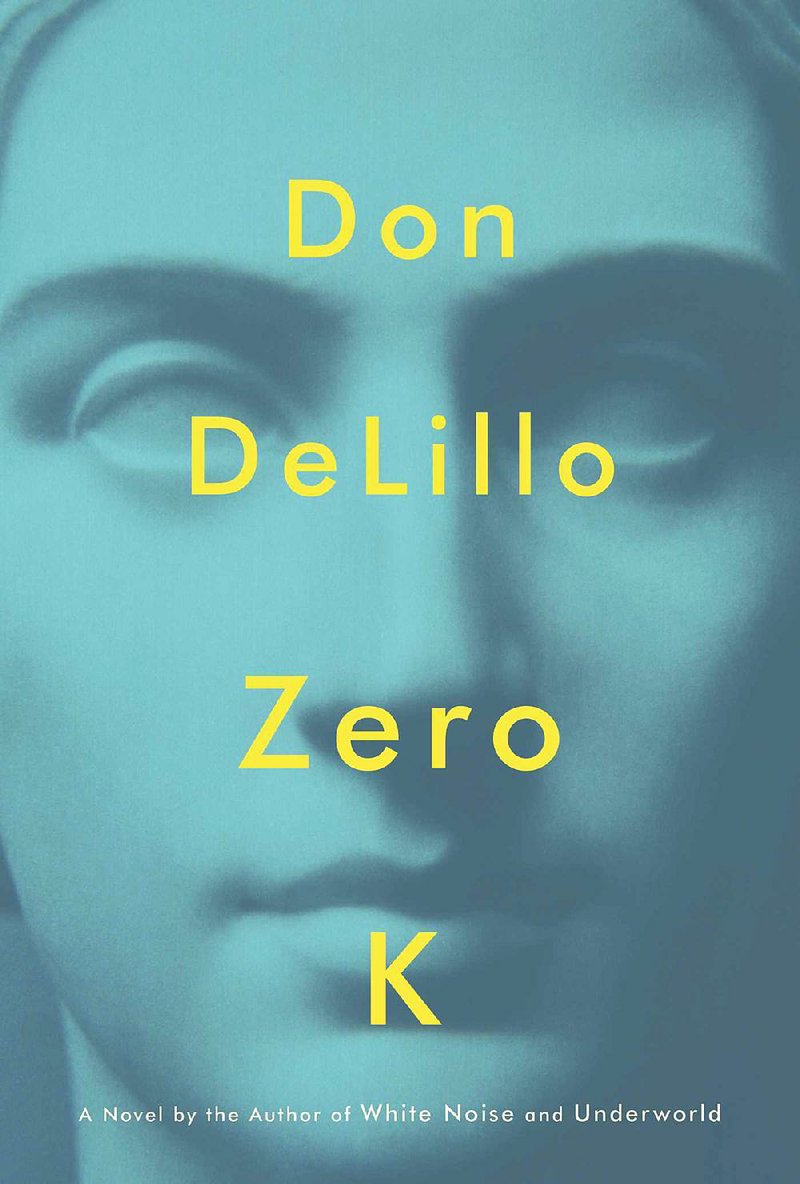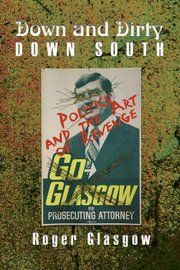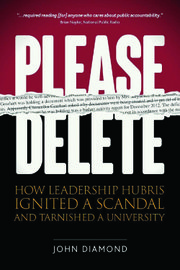According to the great philosopher Albert King, "Everybody wants to go to heaven, nobody wants to die."
This is (maybe) the human problem. We are burdened, from the moment of acquisition of moral responsibility, with the certainty if not quite genuine belief of our own death. And most of us spend our lives trying to forget about this problem, retreating into the petty business of careers and families. In this way, death is the great definer, the bringer of purpose, the creator of art. For if we live forever -- if we know only the incessant hum of being -- how can we imagine things greater than our infinite selves? What good is art when immortality is a given? Without death, what use is memory?
In a sense, all literature -- all art -- is a way of pushing back against the certainty of personal extinction. Through making things -- sculptures, buildings, books, money -- we hope to extend the influence of our personality beyond the limits of our lives. We all hustle against a deadline, perhaps as much to keep our minds off existential terror as anything else. Life is limited and therefore precious -- or else it is a dark and empty joke played upon by an indifferent cosmos.
Don DeLillo has written about death before; 1985's White Noise was a black comedy largely about the American dread of dying. It followed Jack Gladney, an academic who made his reputation as a pioneer in Hitler studies at a Midwestern school known only as the College-On-the-Hill, and his wife, Babette, as they fretted about who might die first and sought out a black market drug designed to treat the dread of dying. An academic colleague assures him that "Tibetans try to see death for what it is. It is the end of attachment to things. This simple truth is hard to fathom. But once we stop denying death, we can proceed calmly to die." Gladney muses that "all plots tend to move deathward."
Thematically a companion piece to the earlier novel, Zero K (Scribner's, $27) seems to take the remark as an imperative. Brisk and affecting as a Teflon-coated bullet, it tells the story -- through the eyes of his semi-estranged son -- of a self-invented billionaire's attempt to escape the inevitable through cryonic suspension.
The book opens with Jeff, an aimless millennial underachiever, arriving in Central Asia somewhere between Bishkek, Kyrgyzstan, and Almaty, Kazakhstan, to witness his terminally ill stepmother, Artis, eased from her life and into a chilly limbo to await future reawakening. This is happening in a subterranean facility, a small city called The Convergence, where holy men and scientists roam windowless halls muttering mystic koans, comically ponderous truisms and pseudo-scientific incantations as wall screens show scenes of atrocity and disaster.
Here Jeff meets his father, Ross Lockhart, a self-preoccupied (he claims not to remember the name of his son's mother) master of the universe who made his money by betting on natural disasters. Ross is a true believer in the promise of science and one of the chief backers of The Convergence. Ross, who seemed to have willed himself into existence, has no qualms about claiming the immortality he sees as the prerogative of the fantastically rich. (He sees The Convergence as "a promise more assured than the ineffable hereafters of the world's organized religions.")
Jeff is a dubious observer -- he shares with the reader a deep skepticism of the "crackpot sages" and wishful patients he encounters in his wanderings. These episodes serve primarily to provide platforms for philosophical interrogations about the nature of death and the shape and meaning it lends the living. The two brothers who are the project's primary architects (Jeff, who seems to exist to name things, calls them the "Stenmark twins" because it seems as good a rubric as any) emerge to deliver a quasi-TED talk on the unknowable prospects of their procedure: Will the clients awake knowing who they are/were? Who knows? What happens to the "dormants" in their charge?
"Are they actually dead? Can we call them dead?" one asks.
"Death is a cultural artifact, not a strict determination of what is humanly inevitable."
"And are they who they were before they entered the chamber?"
Maybe not, for the Stenmarks intend to do some improving -- to "colonize their bodies with nanobots ... [r]efresh their organs, regenerate their systems. ... They will be subjects for us to study, toys for us to play with."
But DeLillo is too clever and too intelligent to default to simple savage satire; there is a lot of material here that could be used to build any number of allegorical cases. While DeLillo's reputation as an uncanny observer of technology and society might tempt us to receive the book as a techno prophecy (after all, there are plenty of billionaires -- Larry Ellison, the founder of Oracle; Pierre Omidyar, the founder of eBay; and Facebook's Mark Zuckerberg, to name three -- who have given millions of dollars to researchers looking to extend human life), in the end Zero K delivers us from the sterile, abstracted wilderness of The Convergence back into the messy, vivid mundanity of ordinary life and death.
In the second half of the book Jeff returns to New York to a world rent by tension. Two years after he attended Artis' "death," he finds himself involved with a woman named Emma and the politically precocious Ukrainian orphan she has adopted. Here we get the familiar world -- the blizzard of quotidian details that, in White Noise, amounted to a deafening thrum.
Here it's a reassuring burble as DeLillo, nearing 80, limns a world of miracle and wonder, where "ordinary moments make the life" and people can be selfless and cities susceptible to ancient magic. The white noise -- the hum of being -- has somehow turned comforting. Even though we know it will someday end.
HE SAID, HE SAID
A couple of books likely to be of local interest should be mentioned:
As someone who came to Arkansas in the late '80s, I was only vaguely aware of the political kerfuffle known as "the Glasgow Affair" when, in 1972, 30-year-old Little Rock attorney Roger Glasgow and his first wife, Jeannie, were stopped at the border at Matamoros on their way back from Mexico. Border agents, who seemed to have been tipped off, found 24 pounds of marijuana beneath the back seat of their Ford LTD.
Glasgow had recently concluded a bid for political office. Weeks before, he had lost the Democratic primary runoff in his bid to become Pulaski County's prosecuting attorney. By running for office, he had apparently angered a political machine that meant to end more than just his political ambitions.
Glasgow gives his side of the story in Down and Dirty Down South (Butler Center Books, $34.95 hardback, $29.95 paperback), a lively, no-holds-barred account of his arrest and eventual acquittal that also serves as personal memoir and a reminder of a time not so long ago when local politics was a somewhat rougher game than is played today.
While the arrest may have cooled his political ambitions, Glasgow went on to a long distinguished legal career in the private sector. Framing the incident as one of the final acts of chicanery of an old machine, he points to the rise of a number of "progressive statesmen" -- including J. William Fulbright, Winthrop Rockefeller, Ray Thornton, Dale Bumpers, David Pryor and Bill Clinton -- who professionalized and raised the ethical standards of the state in the '70s and '80s.
"For the most part," he writes in his afterword, "they have not been followed by office holders of the same caliber. In fact, theirs was a rare era of public spiritedness, cooperation and progress.
"It seems the state of Arkansas, and indeed the nation, has regressed since the time of those statesmen. Washington lurches from one crisis to another, rigid partisanship results in government shutdowns and gridlock, and politicians seem much more interested in getting themselves elected than in serving the public interests. The politics of ill will, confrontation, and vindictiveness abound."
And then there's former University of Arkansas chief media relations officer John Diamond's Please Delete, a self-published book (in the current publishing climate, no stigma should necessarily be attached), available for $16.95 via Diamond's website (johndiamondbooks.com) or other online sources.
Diamond, you might remember, was fired from UA in 2013 in the midst of the controversy that ensued when it was discovered that the university's fundraising division had exceeded its budget by more than $4 million. He claimed that then-Chancellor G. David Gearhart had fostered "a culture of secrecy that developed and grew" as UA administrators realized the size of the deficit.
While it's hardly surprising that Please Delete presents Diamond in the best light possible, it comes off less as the work of a disgruntled ex-employee than a sober case study of what can happen when well-intended people cut moral corners. While it might be impossible for anyone not obsessed by the financial particulars of the university's fundraising division to completely unpack the scandal, Diamond would seem to be an essential source for anyone willing to try.
Email:
pmartin@arkansasonline.com
Style on 05/15/2016


